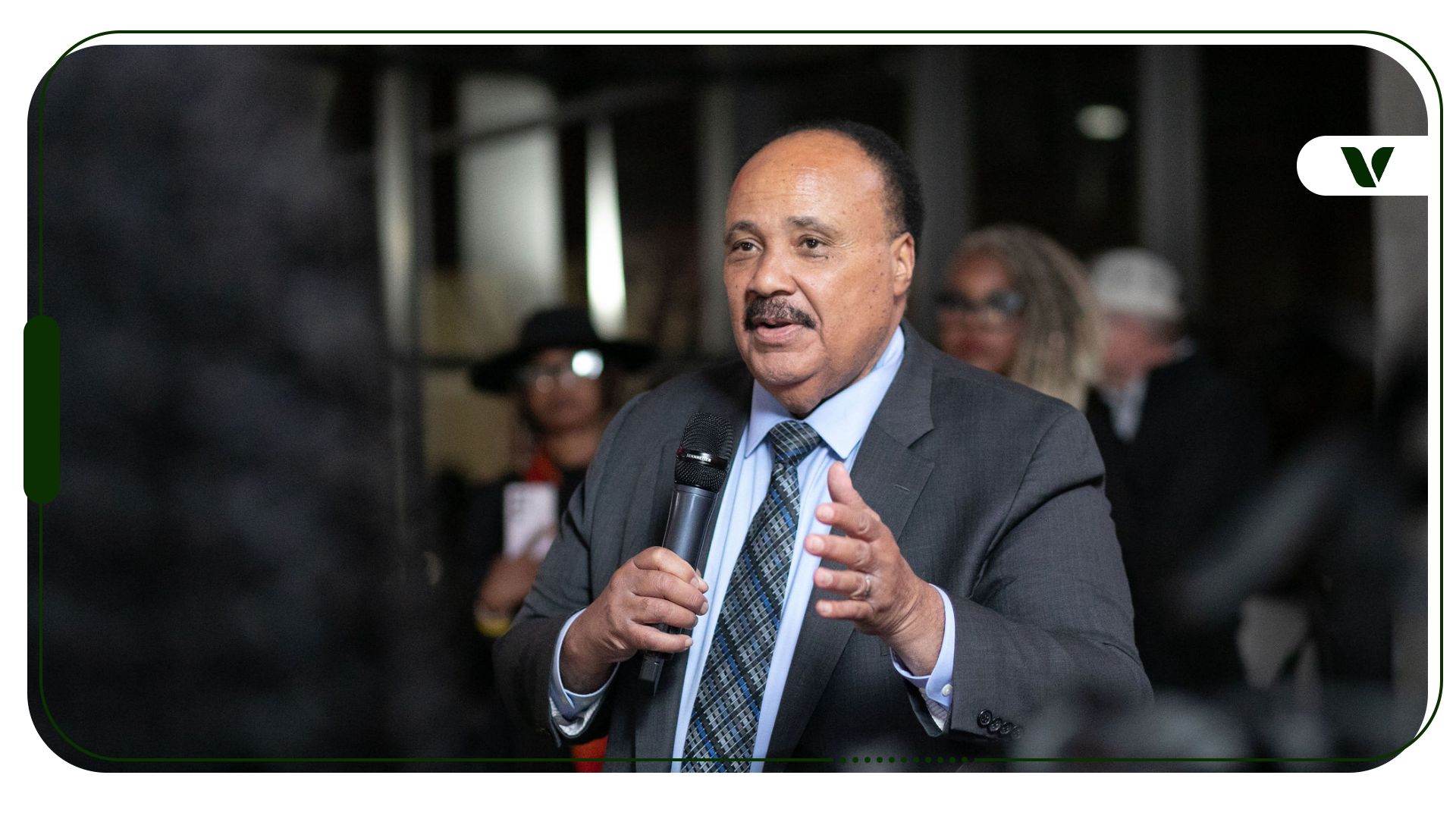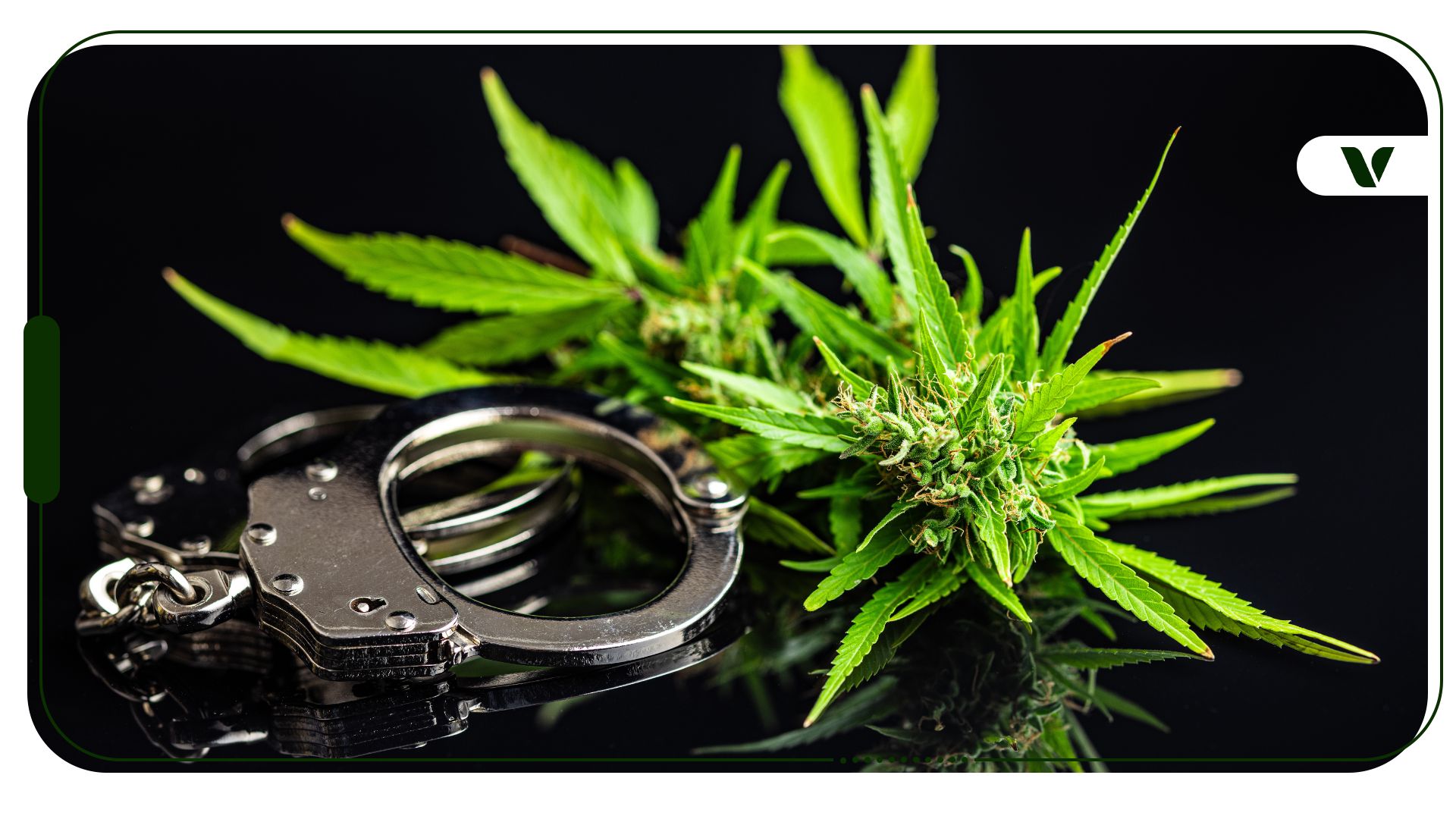Martin Luther King Jr. is a historic icon in the fight for social justice in the United States. He advocated for nonviolent protest and the betterment of social inclusion to remove strict actions of racial division at a time when our country most desperately needed someone to stand up for what was right and bring civil rights to a pivotal turning point in U.S. history.
Sixty years later, his son, Martin Luther King III, continues his father’s legacy on the path toward social justice. He supports the cannabis industry and even appeared in an interview at the December 2023 MJBiz Con, where he continued to speak out on cannabis policies and equity inclusion.
His positive outlook on the cannabis industry and its workers is a strong continuation of the effort to end the War on Drugs that led to many obstacles during his father’s journey toward making his dream a reality.
MLK III Supports Cannabis Community At Minories for Medical Marijuana
At the end of 2023, Minorities for Medical Marijuana (M4MM) celebrated “Cannabis & Culture: Celebrating 50 Years of Hip Hop” at their annual mixer. MLK III was the keynote speaker, and he spoke on the need for a strong labor force within cannabis businesses to empower Black and brown communities.
During his speech, he emphasized that the workers within the cannabis industry should not be left behind.
In a press release, King said, “We’re going to be here with the workers because the owners may do well. However, for everyone to do well, workers must be treated fairly. Plan your work and work your plan. As we do that, we will create a remarkable industry and be a part of a remarkable industry that helps you help others and people with illnesses. If nothing else, it certainly causes you to chill out.”
Addressing Social Equity Needs In The Cannabis Industry
In his 2023 interview with MjBiz Con, MLK III discussed the potential for organized efforts to safeguard workers’ rights within the ever-evolving cannabis industry.
He said a symbolic relationship between labor and management can exist, which emphasizes the importance of fostering a collaborative environment for businesses to continue thriving.
King expressed optimism for the industry’s future and continued growth as more states are legalized. Central to his goals in protecting workers’ rights, he spoke on cannabis businesses being a new frontier for offering opportunities, showcasing his passionate commitment to championing social equity for Black and brown communities.
War On Drugs Impacting Black And Brown Communities
In the 1970s, President Nixon launched the War on Drugs campaign — and its harmful impact continues to this day. The campaign attempted to bring awareness to the effects that drugs have had on the American population.
As a society, we have only just begun to see the vast injustices that occurred because of the War on Drugs. Many want to see continued efforts from our political leaders to begin reversing and atoning for those harms through cannabis reform. One such reparation revolves around the ongoing fight to expunge the records of those who have been wrongfully convicted of nonviolent offenses, an injustice that continues to disproportionately affect Black and brown communities.
King has shared this critical need for change in the justice system by advocating for rightful reconciliation for those unfairly convicted of felony sentences.
How MLK III’s Support Affects Modern-Day Cannabis Culture
MLK III continues on the legacy set forth by his father, MLK Jr. While MLK Jr. never spoke publicly on drugs or cannabis, he was assassinated just two years before President Nixon signed the Controlled Substances Act. It is well-known that the War on Drugs was a war on Black and brown communities.
According to the ACLU, Black people are 3.6 times more likely to be arrested for cannabis. The FBI has shared that cannabis possession made up 30% of drug-related arrests in 2020. You can visit the Drug Policy Alliance for important statistics on the War on Drugs to learn more.
The modern-day culture of cannabis is ever-evolving but much more accepting than that of the 1970s during the launch of the War on Drugs. In fact, things have changed so much that you can now purchase adult-use cannabis in 24 states and medical cannabis in 38 states.
The path forward toward the legalization of cannabis is a significant moment in modern U.S. history when compared to where we were as a society in the 1970s. You can purchase cannabis in legal state-approved dispensaries, and many businesses have gotten their start through social equity licenses.
With his inspiring words on labor organization within cannabis businesses, we can continue to push forward as a culture that supports and thrives around Black and brown communities that do essential work for the development and sale of cannabis products.
Final Thoughts
MLK III is leading the way for a more equitable future in the growing business of cannabis by advocating for the fair treatment of workers within the industry and speaking on their importance to success within these businesses. He calls for tight collaboration between labor and management to create a supportive work environment.
By standing up to right past injustices while fighting for a more inclusive future, his efforts shine a light in a time when inequalities continue to affect communities across the country.
He is not only reshaping the narrative around cannabis but also inspiring positive change within the industry to uplift marginalized individuals by working to foster inclusivity in our society as a whole.
Featured photo courtesy of Minorities for Medical Marijuana.
Author, Share & Comments








